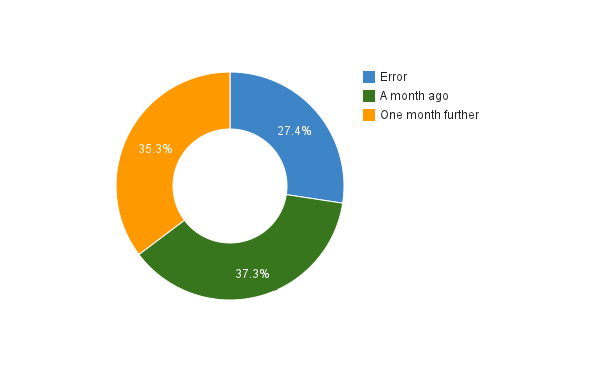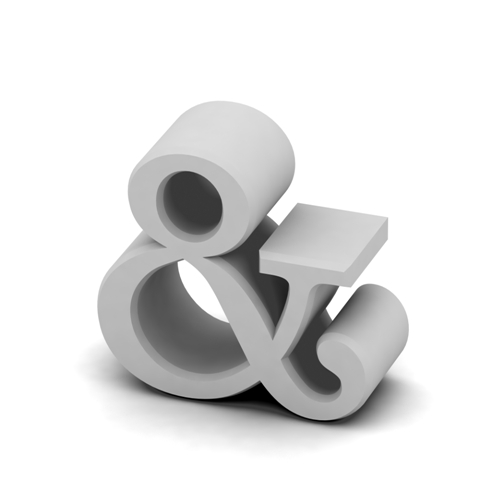I bet you didn’t know that PHP strings don’t need quotes! Indeed PHP developers work with strings with either single or double quotes, but actually in some cases you don’t need them.
PHP by Book
Here’s how PHP developer declare a string, which is something very common in any programming language.
$my_var = 'hello world';
// or
$my_var = "hello world"; |
$my_var = 'hello world';
// or
$my_var = "hello world";
PHP Tricks
What if you do the following:
That appears to be correct … Well, it’s not absolutely correct. You’ll be “noticed”.
// Notice: Use of undefined constant hello
echo hello; |
// Notice: Use of undefined constant hello
echo hello;
However if you disable error reporting, the code will be completely fine.
error_reporting(0);
// no problem now
echo hello; |
error_reporting(0);
// no problem now
echo hello;
Variations
What follows from the thing above is that you can use strings without quotes:
// hello
echo hello;
// hello world (concatenated)
echo hello . ' world';
// helloworld
echo hello . world; |
// hello
echo hello;
// hello world (concatenated)
echo hello . ' world';
// helloworld
echo hello . world;
However you can’t have spaces and most of the “special” symbols.
// syntax error
echo hello world;
// syntax error
echo hello!; |
// syntax error
echo hello world;
// syntax error
echo hello!;
Final Words
Although you can do this in PHP, that is completely wrong. The code becomes more difficult to read and understand. In the second place you can miss a $ sign in front of a variable declaration and thus the PHP interpreter will assume this is a string. So disable error reporting isn’t so great sometimes.


